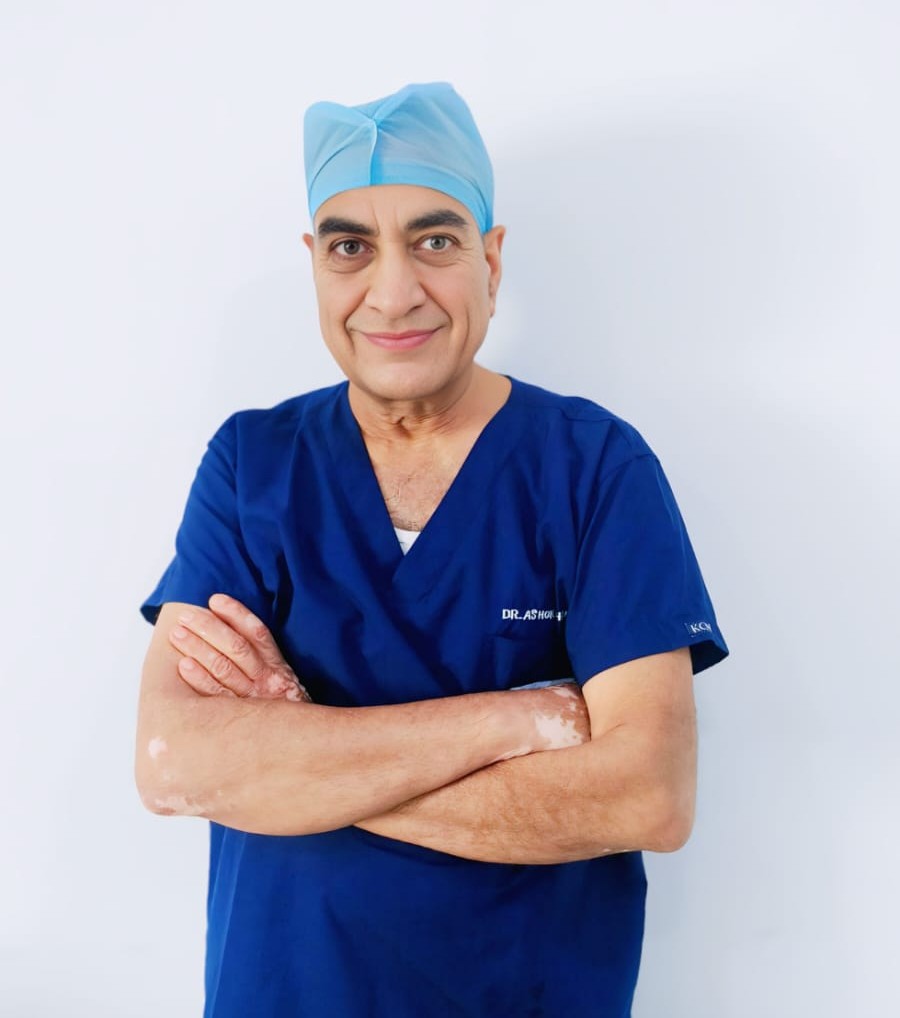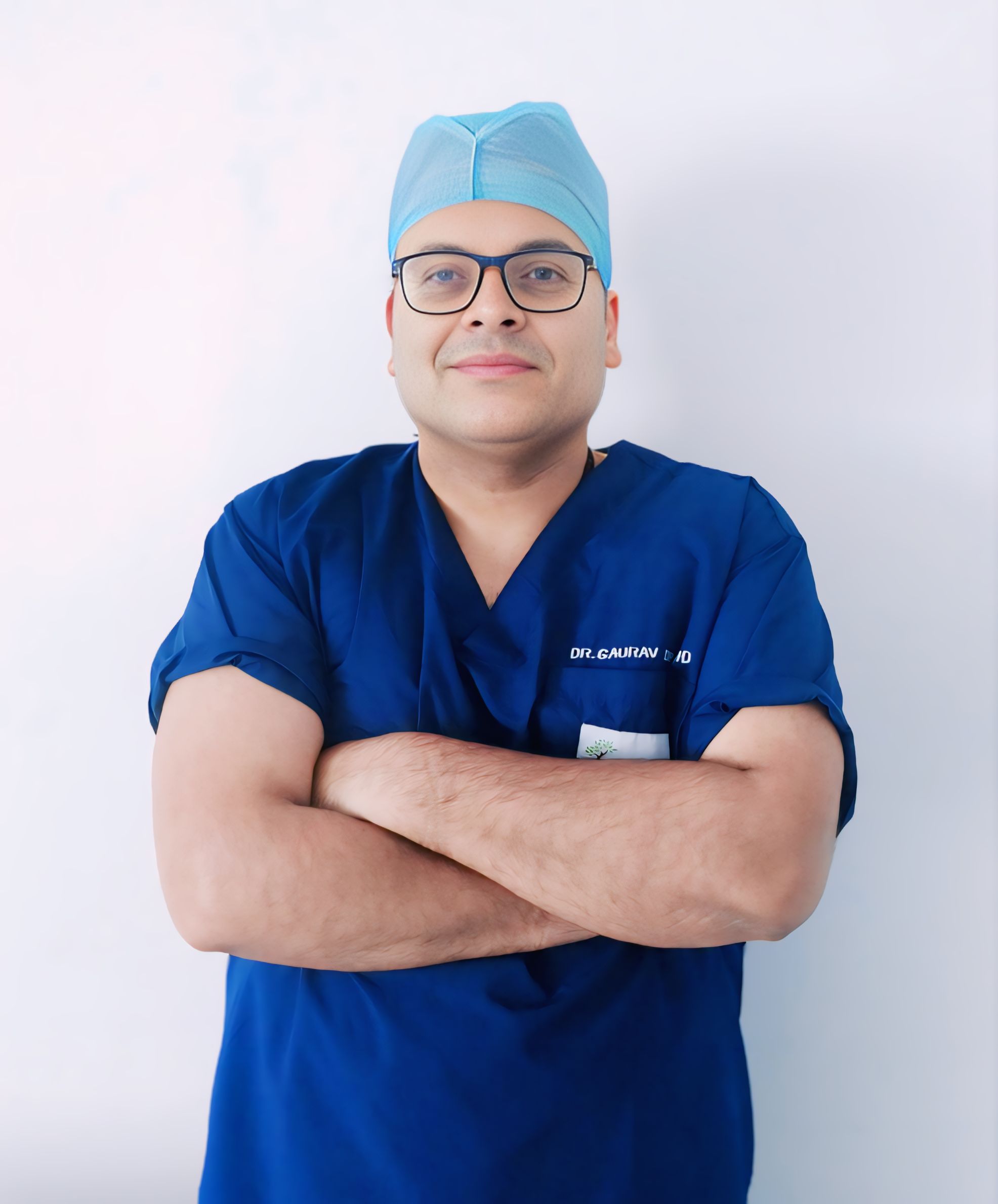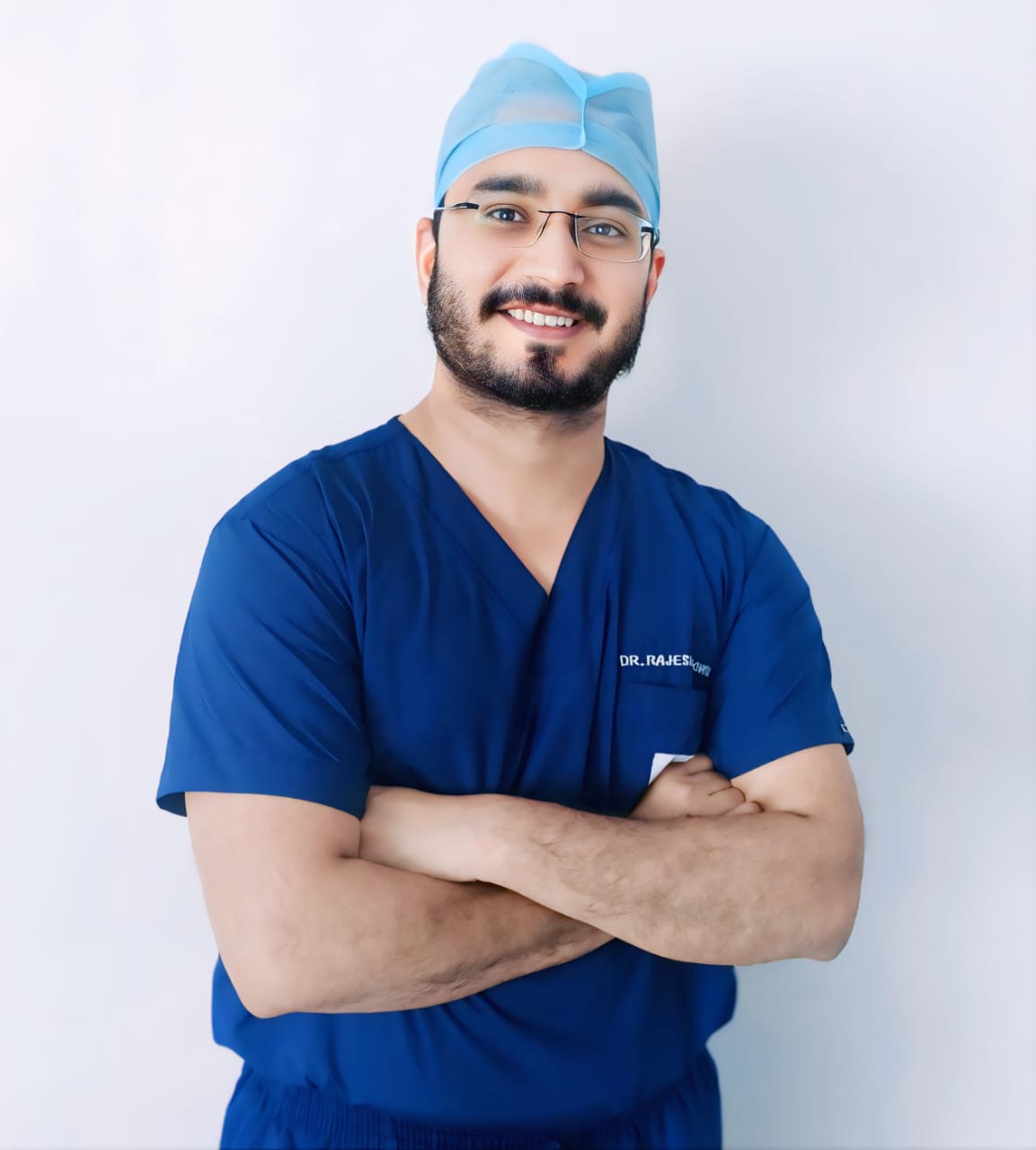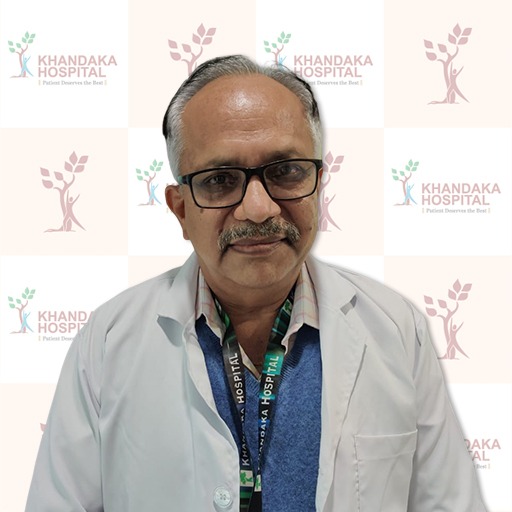Khandaka Hospital: The best Maxillofacial surgery Hospital in Jaipur:
Looking for the best Maxillofacial surgery Hospital in Jaipur for getting treated effectively? Well, Khandaka Hospital is here! Maxillofacial surgery is a specialized type of surgery that treats conditions affecting the face and jaw. These conditions include congenital disabilities, trauma, tumors, and other abnormalities. Maxillofacial surgery aims to restore function and appearance to the face and jaw.
Maxillofacial surgery is a highly specialized field that requires extensive training and experience. Surgeons who specialize in this field are known as maxillofacial surgeons. These surgeons complete a rigorous training program that lasts several years.
Maxillofacial surgery is typically performed in a hospital setting. The surgery can be complex and may involve several different procedures. Recovery from maxillofacial surgery can take several weeks. During this duration, patients may undergo swelling, bruising, and pain.
If you or someone you know is considering maxillofacial surgery, it is important to consult with a qualified and Best Maxillofacial Surgery Doctor in Jaipur. A surgeon who is experienced in this field can provide you with the information you need to make an informed decision.
What do we mean by the Maxillofacial surgery branch?
Maxillofacial surgery is a branch of medicine that deals with diagnosing and treating conditions affecting the head, face, neck, and jaws. The maxillofacial surgeon is a specialist trained in medicine and surgery and can provide comprehensive care for patients with these conditions.
Maxillofacial Surgery responsible for
The maxillofacial surgeon can diagnose and treat various conditions, including facial trauma, cleft lip and palate, head and neck cancer, and TMJ disorders. They also perform cosmetic facial surgery, such as rhinoplasty and facelifts. The maxillofacial surgeon is a vital healthcare team member, and their skills and expertise are essential in providing comprehensive care for patients with head and neck conditions.
Diseases associated with Maxillofacial surgery:
Several diseases and conditions can be treated with maxillofacial surgery at our Maxillofacial surgery Hospital in Jaipur. These include congenital disabilities of the face and skull, trauma-related injuries to the face and skull, tumors of the oral cavity and jaws, and conditions that cause deformities of the face and skull. In addition to these conditions, maxillofacial surgery can also be used to treat sleep apnea and TMJ disorders.
Treatment & Procedures offered by Khandaka Hospital:
Maxillofacial surgeons at our best Maxillofacial surgery Hospital in Jaipur are trained in surgical and dental procedures and use various techniques to correct these conditions. Sometimes, they may use traditional surgical methods, such as cutting and stitching. In others, they may use more sophisticated methods, such as laser surgery or endoscopic surgery.
The steps involved in maxillofacial surgery will vary depending on the treatment condition. However, all procedures will involve some preparation, including anesthesia, incisions, and sutures. In some cases, additional steps, such as bone grafting, may be required.
Several different procedures fall under the umbrella of maxillofacial surgery. These procedures can be divided into two main categories: those performed for functional and aesthetic purposes.
- Functional procedures are typically performed to improve the function of the mouth or jaw. This can include correcting a deviated septum or repairing a broken jaw.
- On the other hand, aesthetic procedures are typically performed to improve the face's appearance. This can include things like rhinoplasty or facelifts.
No matter what the reason for the surgery, the procedures themselves are typically very similar:
- The surgeon will make incisions in the skin around the area to be treated.
- They will access the bones and tissues underneath the skin and make the necessary corrections.
- They will close the incisions and allow the patient to recover.
If you are considering any maxillofacial surgery, be sure to consult with a qualified surgeon. They will be able to help you determine if the procedure is right for you and answer any questions you may have.
Facilities and Services provided by Khandaka Hospital:
Our Maxillofacial Surgery Hospital in Jaipur is responsible for providing facilities and services related to maxillofacial surgery. This includes ensuring patients have access to the necessary equipment and resources for their procedure and providing trained staff to assist with the surgery. We offer:
- Providing comprehensive care for patients with maxillofacial conditions
- Offering a full range of surgical and non-surgical treatments
- Working closely with other medical specialists to provide coordinated care
- Ensuring that patients receive the best possible care and outcomes
- Providing support and guidance to patients and their families throughout the treatment process
Why Choose Khandaka Hospital?
If you are looking for the best maxillofacial surgery hospital in Jaipur, look no further than Khandaka Hospital. We are dedicated to providing our patients with the highest quality of care possible, and our team of experienced Best Maxillofacial surgery Doctor in Jaipur is second to none.
We offer a wide range of maxillofacial surgery procedures, including corrective jaw surgery, facial trauma surgery, and cosmetic surgery. No matter your needs, we will work with you to create a treatment plan that is right for you.
We understand that undergoing surgery can be a daunting experience, which is why we go above and beyond to ensure our patients are comfortable and well-informed at every step. We believe every patient deserves the best possible care and are committed to providing just that.
If you are looking for the best maxillofacial surgery hospital in Jaipur, look no further than Khandaka Hospital. Contact us today to schedule a consultation.
Meet Our Doctors

Dr. Ashok Khandaka
Chief Orthopaedic Surgeon

Dr. Gaurav Dravid
Orthopaedic Surgeon

Dr. Rajesh Khandelwal
Orthopaedic Surgeon

Dr. Rakesh Sachdev
Orthopaedic Surgeon
Health Tips & Info
Recovery times will vary depending on the specific procedure that was performed. However, most patients can expect to take at least a week or two before feeling back to normal. Additionally, there may be some swelling and bruising around the surgical site. This is normal and will eventually go away.
You may be wondering what you can eat after your maxillofacial surgery. The good news is that there are no restrictions on what you can eat. You can eat whatever you like, as long as it is soft and easy to chew. This includes soup, mashed potatoes, scrambled eggs, and pudding. You should avoid hard, crunchy, or chewy foods like chips, nuts, and candy. You should also avoid chewing gum and drinking alcohol. Ask your best Maxillofacial Surgery Doctor in Jaipur if you have any questions.
Before you undergo maxillofacial surgery at a Maxillofacial surgery Hospital in Jaipur, asking your surgeon a few key questions are important.
- First, you should inquire about the surgeon's experience and training. Make sure they are qualified to perform the procedure you need.
- Next, you should ask about the risks and complications associated with the surgery. Be sure to understand all the potential risks and side effects before deciding.
- Finally, ask about the expected outcome of the surgery and what you can do to ensure the best possible results. By asking these questions, you can help ensure that you have a successful surgery and experience minimal complications.
Different types of anesthesia can be used for maxillofacial surgery, and the type used will depend on the procedure being performed. Local anesthesia may be used in some cases, numbing the surgical site area. In other cases, general anesthesia may be used, putting the patient in a deep sleep. The surgeon at the best Maxillofacial surgery Hospital in Jaipur will determine the anesthesia used based on the type of surgery being performed.
Maxillofacial surgery at a Maxillofacial surgery Hospital in Jaipur has many benefits, including improved oral health, appearance, and self-esteem. Oral health can be improved by correcting problems with the teeth and jaws, which can lead to improved chewing and speaking. Appearance can be improved by correcting congenital disabilities, injuries, or diseases. Self-esteem can be improved by increasing confidence and improving social interactions.
Pre-operative instructions for maxillofacial surgery vary depending on the specific procedure being performed. However, some general instructions apply to all patients. Some of which are:
- First, it is important to eat a light meal before surgery and to avoid any food or drink for at least six hours before the procedure.
- Second, patients should not smoke or drink alcohol for at least 24 hours before surgery.
- Third, arriving at the hospital or surgical center on time is important, and bringing all pertinent medical information with you.
- Finally, following any specific instructions given to you by your best Maxillofacial Surgery Doctor in Jaipur is important.

